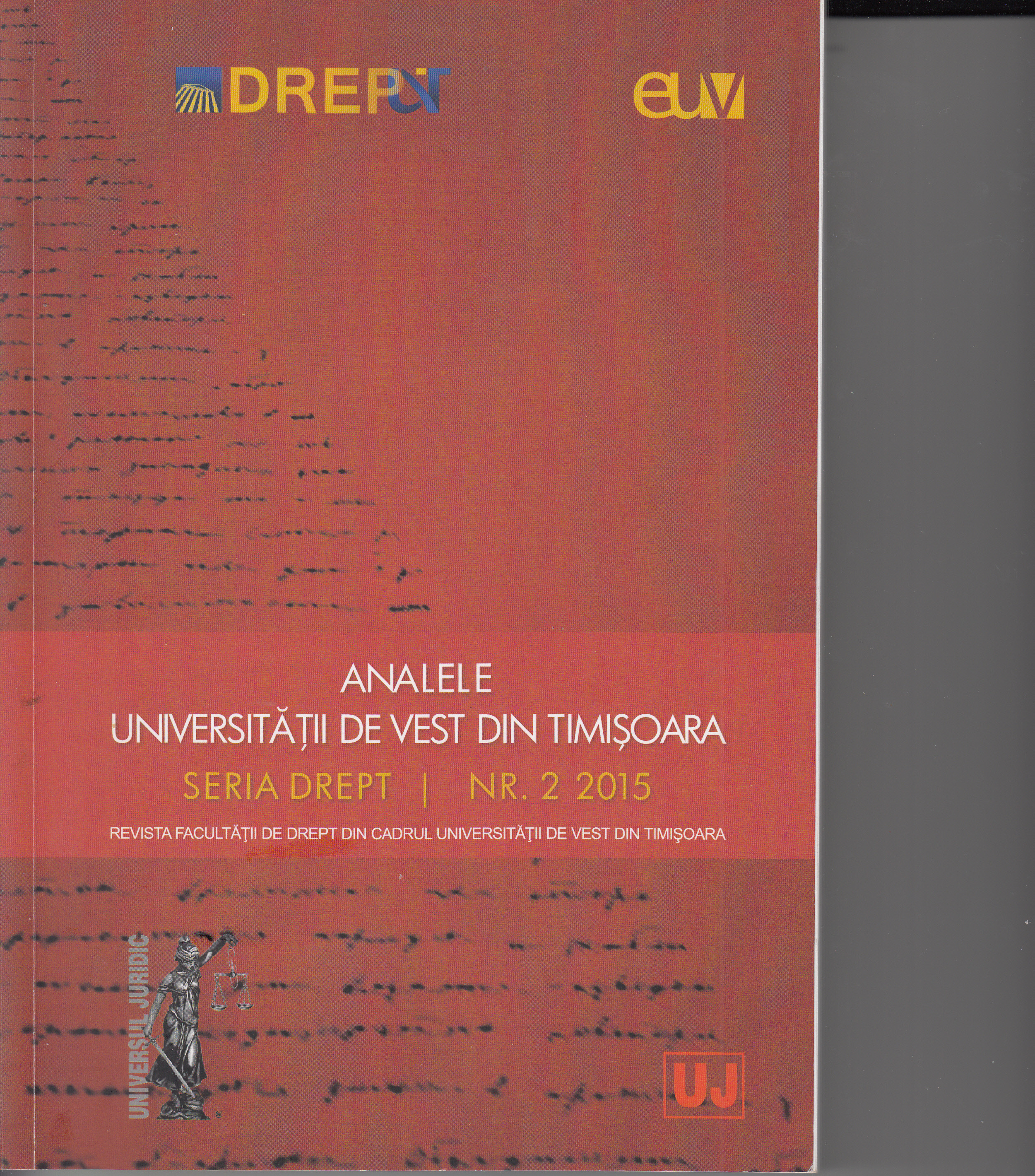Sancţiunea excluderii probelor: fructul otrăvit din grădina Curţii Europene a Drepturilor Omului?
Sanction of exclusion of evidence: the poisoned fruit in the garden of the European Court of Human Rights?
Author(s): Magdalena RoibuSubject(s): Law, Constitution, Jurisprudence
Published by: Universul Juridic
Keywords: fruit of the poisonous tree; exclusionary rule; European Court of Human Rights; article 6 case law; European Convention on Human Rights; establishment of truth
Summary/Abstract: ”Fruit of the poisonous tree” doctrine is a legal metaphor used in the United States case law to describe evidence that is obtained illegally. The logic of the terminology is that if the source of the evidence (the “tree”) is tainted, then anything derived from it (the “fruit”) is tainted as well. Although of common law origin, the doctrine has been much used in the case law of the European Court of Human Rights (hereinafter, the ECHR) as concerns the exclusion of primary and derived evidence that was obtained by unlawful methods. The exclusion of illegally obtained evidence (exclusionary rule) represents a controversial procedural sanction applicable in criminal trials. Although provided under almost all the codes of criminal procedure of the EU member states (e.g. France, Belgium, Germany, Italy, Spain, United Kingdom, Romania), the different and, many times, surprising approaches of national judicial authorities to this rule have led to a rich case law generated by the ECHR. The controversies related to this procedural sanction derive mainly from its uncertain legal effects in judicial practice (should it be treated as a case of inadmissibility of evidence or as a type of absolute nullity?), as well as from its clash with certain procedural principles (e.g. the establishment of truth in a criminal trial), and, in the absence of a very clear settlement, this often generates hesitant reactions from national judges, who are called to make courageous applications of said sanction. The present study aims at synthesizing the most representative aspects in the ECHR case law related to the exclusion of illegally obtained evidence (as an essential element of the right to a fair trial set out by article 6 of the European Convention on Human Rights), commenting upon the findings of the Court, which are themselves contradictory.
Journal: Analele Universității de Vest din Timișoara - Seria Drept
- Issue Year: 2015
- Issue No: 2
- Page Range: 101-110
- Page Count: 8
- Language: Romanian

